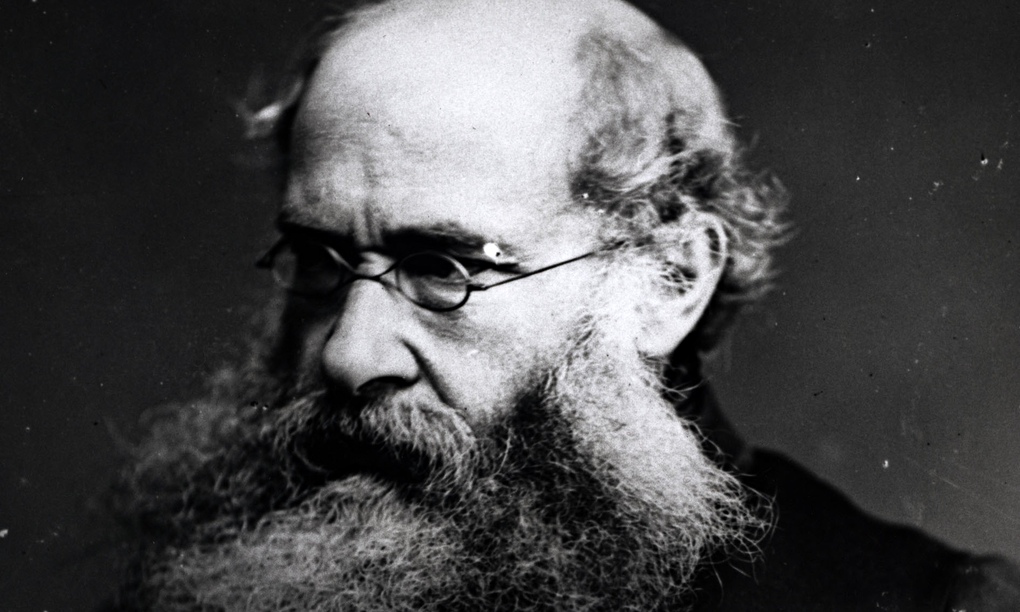

Trollope thought that anyone might be trained to be a novelist for it is a craft similar to carpentry, which shocked Henry James to whom the House of Fiction was a sacred place. Giving life to his characters is one way that he does this, displaying them at length, as if to show life’s longueurs, unrolling his plots slowly although he wrote at immense speed, scarcely revising at all. He believed that “of all the needs a book has, the chief need is that it be readable” for “the primary object of a novel is to please”. Trollope wished to avoid obscurity or abstract theory. His ideology favours gradualism and is pragmatic - or English. Palliser’s measured Whig creed and his unquestioned place at the top of society are quite different in atmosphere from the revolutions that exploded in the mid nineteenth century throughout continental Europe. Plantagenet Palliser, the Duke of Omnium and the central figure in The Duke’s Children, seems what a Victorian Duke should be. Then there’s his evocation of a period in history. He can still make us laugh and many of his characters - Mrs Proudie, Slope, Glencora and Plantagenet Palliser, Lizzie Eustace, Phineas Finn, Augustus Melmotte, Archdeacon Grantly – still live, perhaps rivalled only among 19th century novelists by some creations of Jane Austen and Charles Dickens. Auden called him “the poet of the ordinary”. Virginia Woolf liked the “sober reality”, thought The Small House at Allington as perfect a novel as Pride and Prejudice yet decried his “hale and hearty common-sense” and the chronicle-like, flat style.

Patronised by Henry James for writing too much and for blandness, Trollope had the American’s admiration for a “complete appreciation of the usual” and “extreme interest in character”. His critics are often ambivalent, giving but also taking away. Thomas Carlyle, echoing many other intellectuals (for Trollope is not a novelist of ideas), thought him “irredeemably embedded in the commonplace, and grown fat upon it.”

His fictional worlds have been described as very English, not always in praise, and his prose compared to hunks of roast beef. His admirers have been accused of smugness, middle-brow taste, nostalgia, catatonic escapism, intellectual laziness and fear of the avant garde. Anthony Trollope arouses strong feelings for a writer sometimes thought of as soothing.


 0 kommentar(er)
0 kommentar(er)
